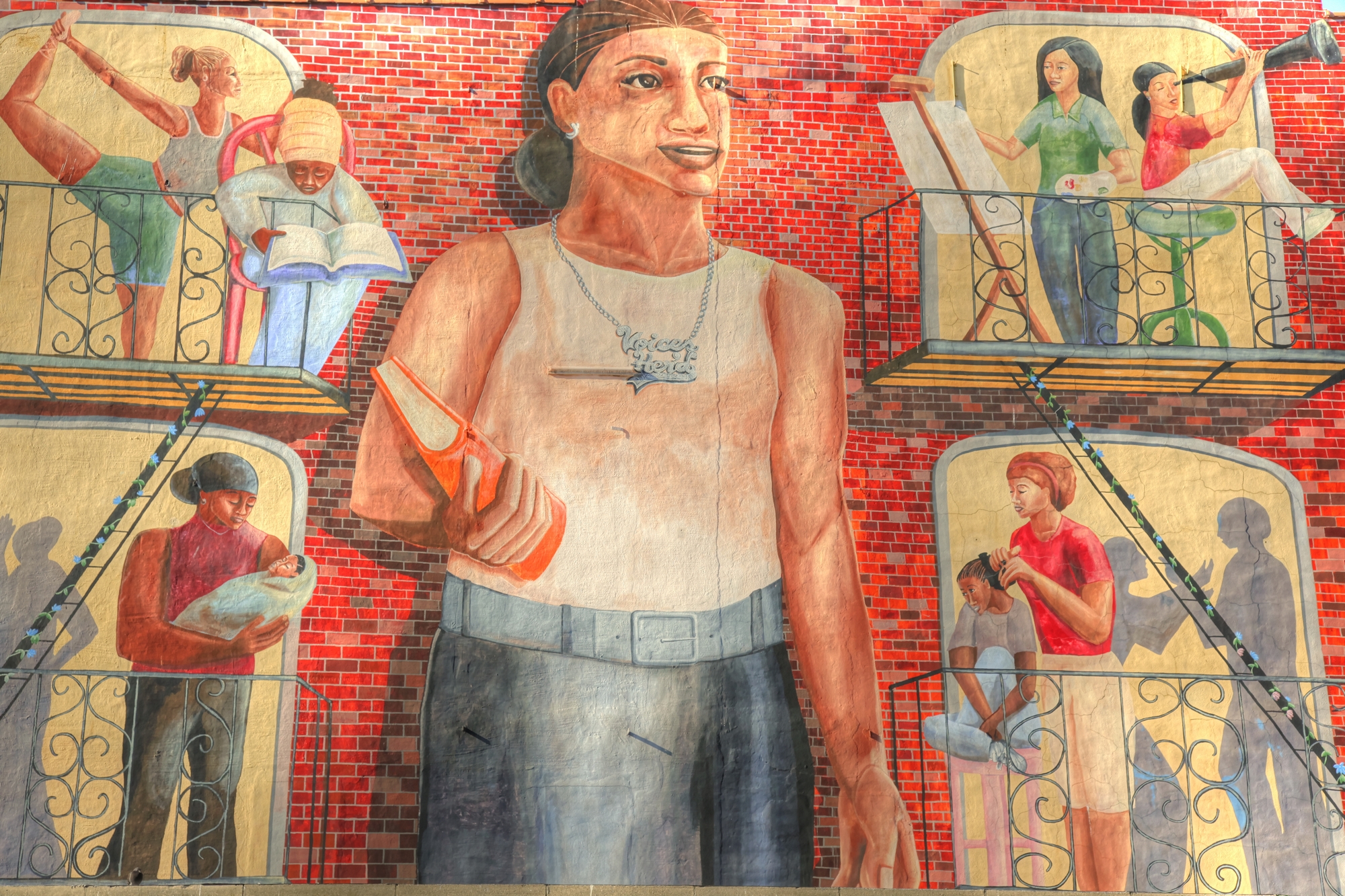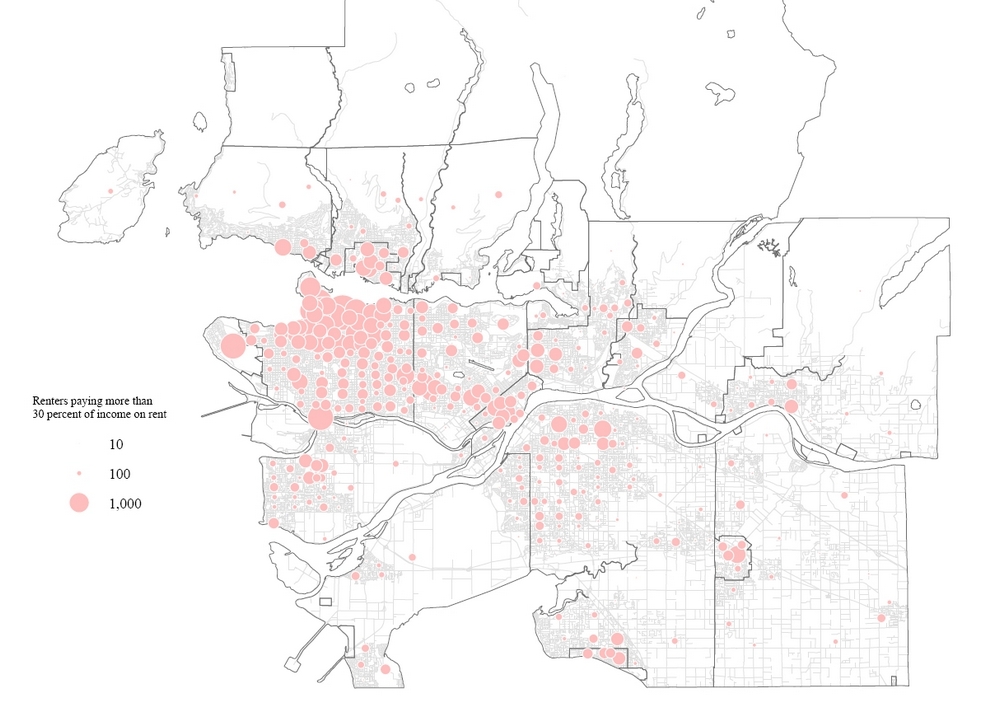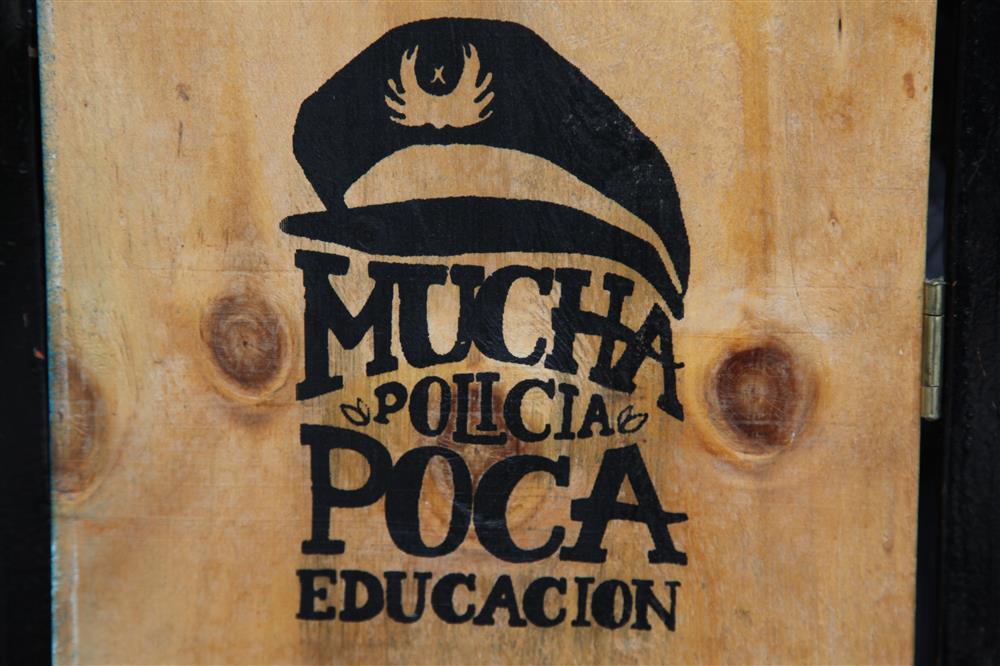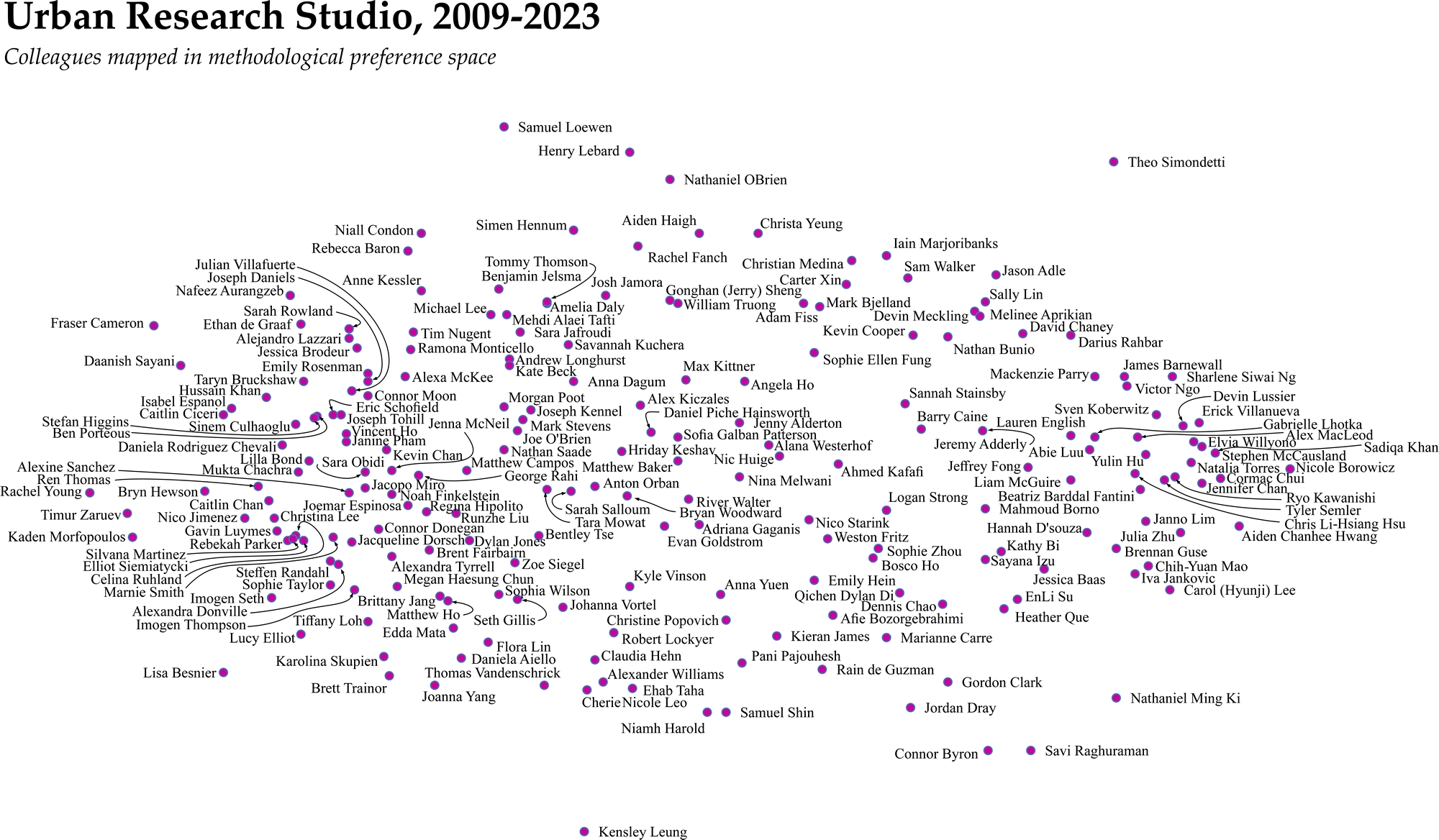

Welcome to the Urban Research Studio!
This course is a studio/workshop in which we explore publicly available secondary data to analyze urban social and spatial inequalities. We'll explore a menu of statistical and spatial-analytical techniques to document urban social patterns, processes, and policy questions. While we will study methodological examples from across a wide range of the urban research literatures, we will devote most of our time to one particular issue: urban policing in the United States. High-profile cases of police brutality and killings of civilians, some of them unarmed, have drawn attention to the worsening violence of coercive state authority -- especially in poor and racially marginalized communities. Meanwhile, the daily indignities of racial profiling in "stop-and-frisk" encounters between civilians and police officers undermines the trust necessary for police departments to operate effectively. And it is universally understood in America that the most common motor-vehicle offense is DWB: Driving While Black.
For the most accessible introduction to the meanings and implications of what we will be studying, watch this short video:
Is the experience of Alvin just an isolated case of a few aggressive and/or racist cops calling someone "a fuckin' mutt" while wrestling an innocent civilian to the pavement? Or does the encounter expose a more fundamental inequality and violence that defines the nature of urbanism in America? In this studio, we'll explore theories of criminality, police-community relations, historical geographies of inequality, and legal precedents over the rights of police and civilians in the U.S. constitutional system. We will also spend a great deal of time working with an important database of police-civilian encounters made available after a long-running legal battle over the practices of the New York Police Department (NYPD). This database allows us to use an approach that I call strategic positivism to honor a commitment to scientific integrity while also working with passion to challenge racism and other injustices. Good urban research requires rigorous methods -- including statistical techniques of the kind that can counter dangerous myths such as the idea that individual experiences are no more than "anecdotal." But good urban research also requires that you care about urbanism as a transformative encounter with difference. Get mad. Get data. Get to work.
*
More specific information on our analysis of stop-and-frisk will be posted and updated on the Geography 450 Schedule, and then other resources will also be available on the NYPD Project Page. In previous years we've explored a variety of other projects (for a sampling, see this). If you are interested in student evaluations of this course in previous years, see this, this, this, this or this. For examples of collaborative work resulting from this course in previous years, see:
Elvin Wyly, C.S. Ponder, Pierson Nettling, Bosco Ho, Sophie Ellen Fung, Zachary Liebowitz, and Dan Hammel (2012). "New Racial Meanings of Housing in America." American Quarterly 64(3), 571-604.
Larissa Zip, Rebekah Parker, and Elvin Wyly (2013). "Facebook as a Way of Life: Louis Wirth in the Social Network." The Geographical Bulletin 54(2), 77-98.
Another item from the old archives is a detailed schedule from a previous year's studio, with methodological lecture notes and other resources; see this.
.
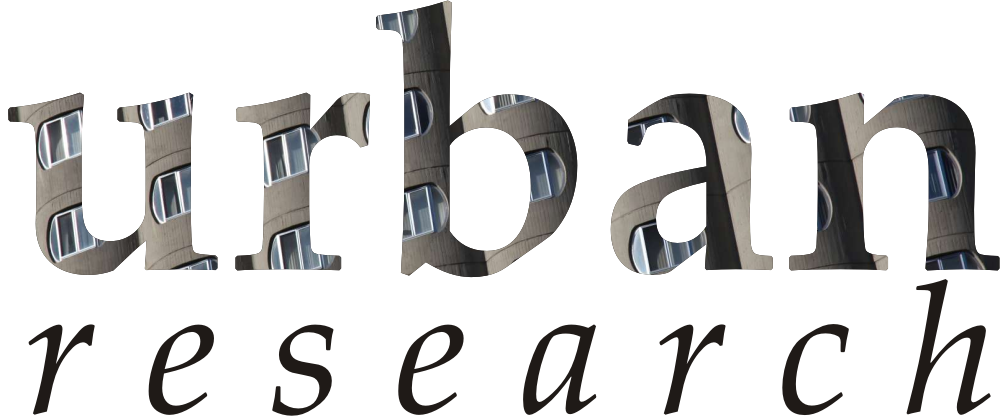
CopyLeft 2019 Elvin K. Wyly
Except where otherwise noted, this site is
Before the First Class...
Please bring a completed copy of the survey to class, and also read:
Student (2013). "The Automated Epistemology of an iParadigm Shift." Human Geography, Comments & Debates Section
(or, if you want to see the video of another version of this paper, watch this, and then, if you have time, read this too.)
Elvin Wyly (2014). "Where is an Author?" City 19(1), 5-43. Just read pages 5 to 10 of the pdf document, the "Plagiarism frontiers..." section.
Valuable Resources...
Tom Brittnacher's GIS Resource Page.
Here are some useful resource guides courtesy of Jose Aparicio: finding GIS data, and accessing census data.
Videos from the "Global Suburbanisms" Conference at York University, reporting the results of a Major Collaborative Research Initiative (MCRI) supported by the Social Sciences and Humanities Research Council (SSHRC), are here.
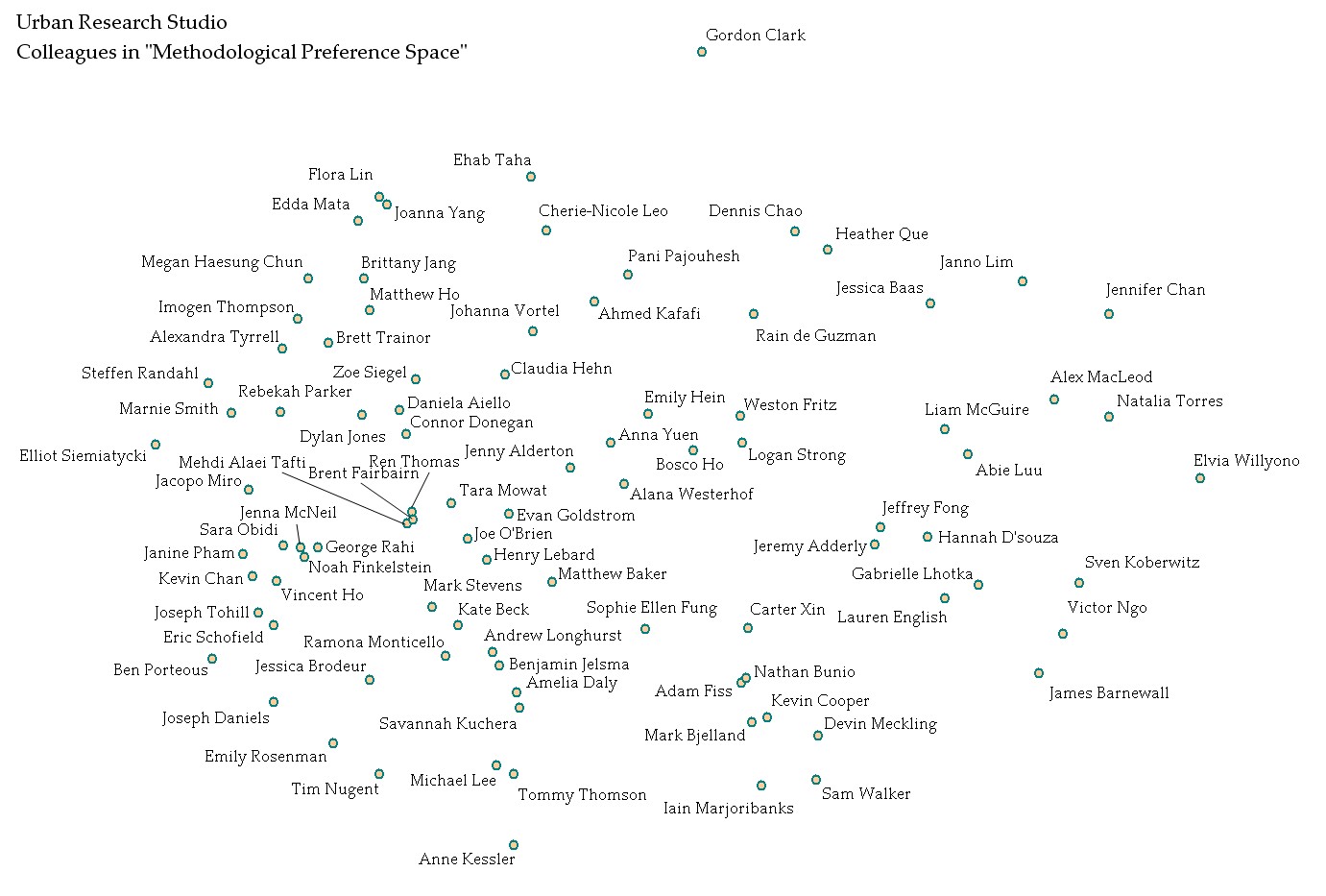
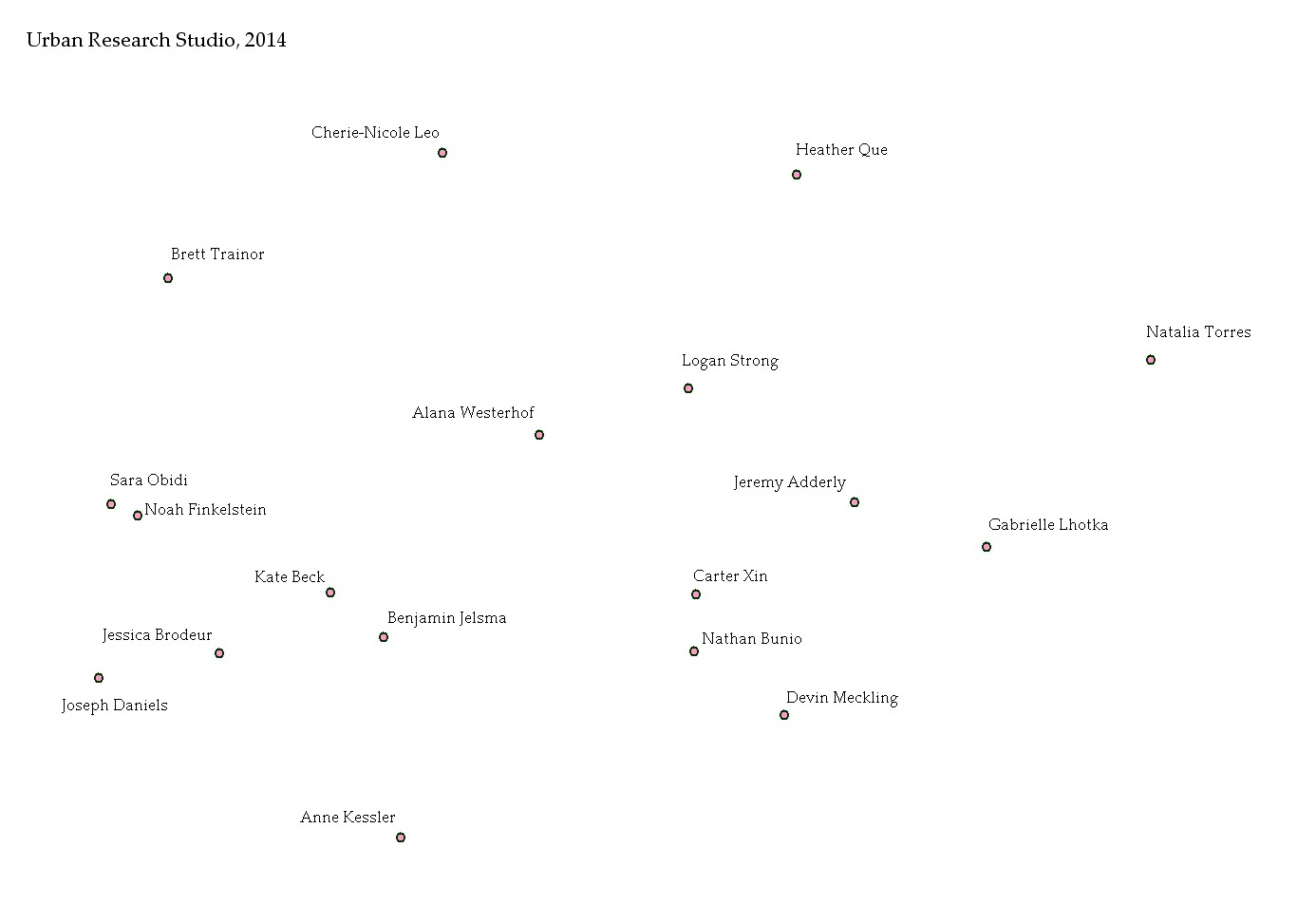
City Comptroller John Liu at a protest against the New York City Police Department's "Stop and Frisk" policy, June 2012. Source: Photograph by John Good, distributed via Wikimedia Commons and reproduced here under Creative Commons Attribution-Share Alike 3.0 Unported license.
"Good studies and bad studies are not 'mutually canceling.' Regardless of what some advocates may claim, there are some objective facts and, hence, some objective truths. Whether public policy reflects that reality is not a choice left to those in the academy, but producing and protecting the research itself is our choice and our moral obligation." Elizabeth Warren (2002). "The Market for Data: The Changing Role of Social Sciences in Shaping the Law." Wisconsin Law Review 2002, 1-34, quote from p. 17.
"Like many other feminists, I do not see science and feminism as incompatible. Since those days in the late 1960s, I have come increasingly to appreciate, in the context of both science and feminism, complexity rather than simplicity, the concrete and specific in addition to the abstract, ambiguity over elegance, variety rather than uniformity in lived experience, and theories peopled by situated, not universal subjects."
Susan Hanson (1993). "Never Question the Assumptions, and Other Scenes from the Revolution." Urban Geography 14(6), 552-556, quote from p. 556.
"..quantitative approaches to economic geography can and should be liberated from their needless association with mainstream economics and its own vision of science, truth, and evidence, and made part of an emancipatory economic geography. They can be marshalled to effectively critique mainstream economics on its own terms, to incorporate the insights of economic thinking that lie outside the mainstream, to develop understandings of the spatial dynamics of capitalism at the micro- and macro-scales, to conceptualize other possible worlds, and to create space for views of what constitutes a valid argument and the nature of empirical validation that depart substantially from a logical positivist worldview."
Paul Plummer and Eric Sheppard (2001). "Must Emancipatory Economic Geography be Qualitative?" Antipode 33(2), 194-199, quote from p. 198.
"As a geographer who uses mathematical methods in order to critique neoclassical economic geography and develop a Marxian political economic alternative, who has supported the growth of feminist, anti-essentialist and post-structuralist human geographies, and who works with marginal communities struggling to use GIS to better understand and improve their environments, I have long been convinced that progressive human geography can take advantage of quantitative practices."
Powell & Princess, Vancouver, July 2016 (Photograph by Jatinder Dhillon)
"Many Police, Little Education"
Universidad de Chile, Santiago
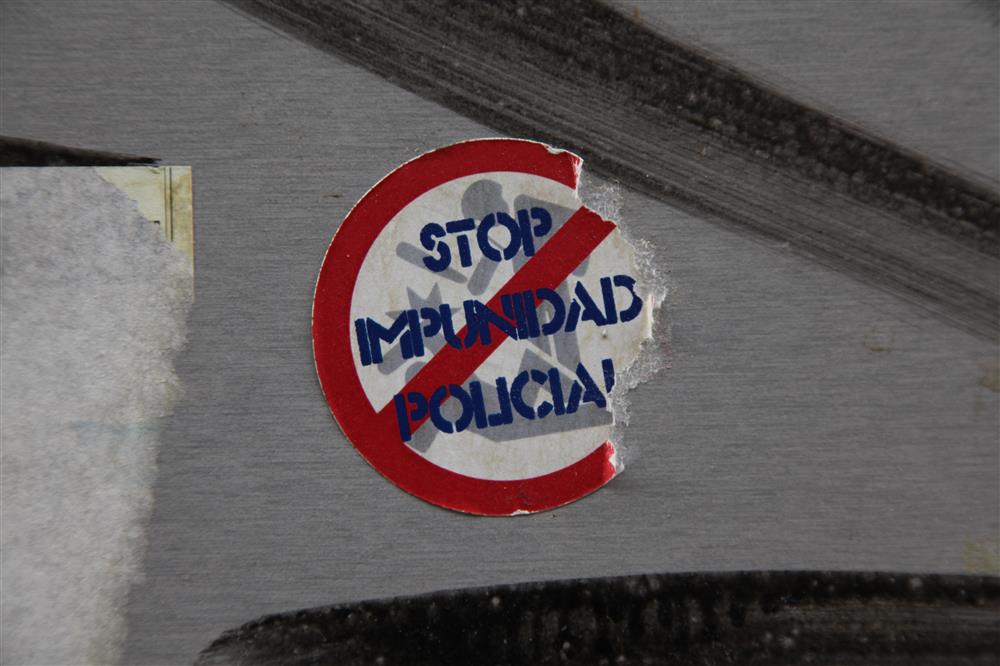
"Stop Police Impunity"
Granada, Spain
Student Evaluations...
If you're interested in the comments and recommendations of students who have taken this course in previous years, take a look at this. Many students find the course valuable and challenging in various ways, but of course there are also valuable criticisms and suggestions.
One of the recent criticisms is fascinating. Here's what the student said: "1. Overall a course with very interesting subject matter and engaging. 2. The chosen case study was rich in dimensions but it might have felt more engaging/pertinent if the focus was on a Canadian case study. Though perhaps there isn't a dataset as rich or interesting in Canada as the NYPD UF-250 dataset. 3. Introduction to SAS and additional resources provided were great. The small lab assignments were very helpful. They could be more extensive/demanding. 4. Given the size of the course, discussion could have been better facilitated, e.g. by incorporating discussion questions, asking groups to break off and tackle them, then reporting back to plenary. There was a missed opportunity in terms of learning from others. People sounded so smart when talking about their projects and it would have been great to hear their ideas throughout. More facilitation/making the space for these people to get their thoughts out could have worked, I think. 5. Unannounced change in the syllabus was frustrating. I think this surprised everyone. Removal of draft submission requirement was not an ideal compromise. This was a missed opportunity for feedback/learning but given the circumstances it was the best option at the time and I respect that. Best course of action would have been to announce the change in deadline immediately and allow for students to reconfigure their lives. This would have been feasible with a 4 weeks notice IMO. Deadline changes are not normal so an announcement is necessary. Student senators are working to pass Senate policy on syllabi that will prohibit syllabus amendments like deadline changes under most circumstances #democracy 6. Again, overall great course with a great cause of equipping city-zens with the data analysis tools that are being used in these strange times."
Here's what happened: as we neared the final weeks of the course, many of us -- I along with many students -- found ourselves confronting schedules that were much busier than expected. So we made a change: whereas the syllabus had called for a full draft paper submission on a particular date, "draft" was re-defined to mean, "A one-page progress report on your paper." It was assumed that most students would appreciate the flexibility, but this student was frustrated: yes, indeed, this was an unfortunate missed opportunity for detailed feedback and learning on a full draft (but detailed comments were provided on the one-page progress reports). Still, it's a surprise: the student objected to making a deadline easier.
This student's evaluation of the situation is wise and impressive, and highlights significant potential for a distinguished career in law and/or politics and public service: there's a strident call for hashtag democracy, as well as intimate understanding of university governance issues. To learn more about the UBC Senate policy under consideration that will prohibit syllabus amendments, see this.
*
Canadian "Carding"
"Indigenous and civil rights activists calling for an investigation of the Vancouver Police Department's use of random street checks want to amend their complaint based on new figures that show Aboriginal women are checked more than other groups. In June, the B.C. Civil Liberties Association and Union of B.C. Indian Chiefs asked the province's police complaint commissioner to investigate a significant racial disparity in the use of street checks. During the checks, also called carding, police stop a person, request and obtain their identification and record personal information, even though no offence has occurred."
Indigenous women comprise 21 percent of all card checks in 2016, although they make up only two percent of Vancouver's population. Between 2008 and 2017, 15 percent of all street checks involved Indigenous people, who make up only two percent of the city's population. Three percent of checks involved black men, who make up just one half of one percent of the city's population.
A further amendment in the complaint "asks the commissioner to examine police stops in which personal information is elicited but the stop is not recorded as a street check so it doesn't show up in police department statistics."
Source: Canadian Press (2018). "Indigenous Women Carded Disproportionately: Stats." Vancouver Sun, July 13, A8.
Strategic Positivist Data Mobilization
"Eric L. Adams, the Brooklyn borough president who is a former New York Police Department captain and a sponsor of the lawsuit, said: 'We need to use this moment in a real way. The Kushner name draws attention not only to the president's chief adviser but also to what a big-name developer is doing to tenants right here in Brooklyn.'
Mr. Adams suggested that the city needed to focus on the displacement of tenants by rapacious landlords in the same way that the Police Department had used data to fight crime.
'The key,' he said in an interview before the news conference, 'is that we should be using the same methods to fight grand larceny to monitor bad-acting landlords in real time.'"
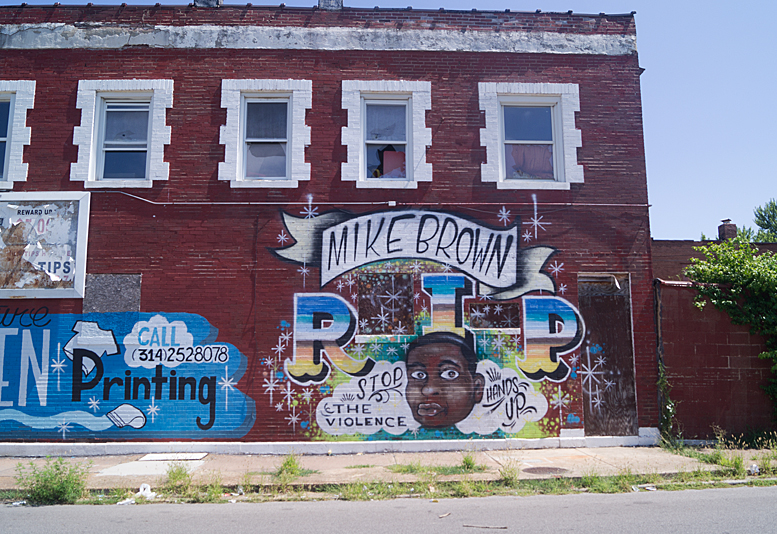
Memorial Mural for Michael Brown, whose shooting death in 2014 helped catalyze the Black Lives Matter movement. To learn more about the movement, see Christina Healtherton (2016). "#BlackLivesMatter and Global Visions of Abolition: An Interview with Patrisse Cullors." In Jordan T. Camp and Christina Heatherton, eds., Policing the Planet: Why the Policing Crisis led to Black Lives Matter. London: Verso, pp. 35-40. Photograph taken in St. Louis, Missouri, in the Summer of 2018 by Dr. Geoffrey DeVerteuil; posted here with the kind permission of Dr. DeVerteuil.
"...as elites lose direction or as they find it hard to convince the population to buy in to their ideology, so fear and crisis re-emerge as a solution to the problems of power. The fear of violence in our cities has been a favourite political tool for several decades. It doesn't matter that murder and attempted murder rates have been falling since 1990, violent crimes since 1993, and that total crime is at its lowest point since 1977. Public discourse is all about getting tough on crime. ... [It] is also a common topic for those in the elites who can no longer express racism. Instead, they concentrate on crimes that may have been committed by people from the groups they used to be able to express racial ideas against." John Ralston Saul (2008). A Fair Country: Telling Truths About Canada. Toronto: Viking Canada, p. 198.
"At a catered cocktail hour, employees milled around wearing T-shirts printed with 'Write Code. Save Lives.' The company mottoes, which also include 'Join Forces' and 'Win Fair,' were written by a woman who previously worked at Coach. 'We acted like we were saving the world one handbag at a time,' she said. 'But here we really are changing lives.' There were trays of Axon-yellow cupcakes, with the company logo printed on fondant. Every few minutes, the air crackled with the sound of electricity." -- An account of an employee recruiting open-house event for Axon International, the dominant firm providing Tasers (and now also body cameras) to law enforcement agencies in thousands of cities. Tasers are carried by about six hundred thousand police officers around the world; more than nine thousand police departments now use body cameras -- about half of the departments in the U.S. -- and Axon is the market leader, with contracts with more than half the major departments. The "air crackling with the sound of electricity" comes from the playful demonstrations of the Tasers upon eager volunteers at company parties and recruiting events. Rick Smith, co-founder and CEO of Axon, is positioning the company as a technology solution for urban policing, with police body cameras, camera-equipped drones, camera-activating sensors, and a cloud-based system for the management of petabytes of incident data. Smith envisions a "public-safety nervous system" managed through facial recognition and artificial intelligence. At the open house for potential recruits, "Smith argued for an ecosystem of devices and applications -- networked, efficient, and tailored to law-enforcement needs. 'As things become connected, they become intelligent and powerful,' he said. 'It's the processing of information, and there's nothing more powerful in this world than nervous systems. It's what's led to all of human progress, our rising dominance on the planet.'"
Dana Goodyear (2018). "Shock to the System." The New Yorker, August 27, 36-43, quotes from p. 42, p. 43.
*
"The Data Inclusion Act demands that we be counted. If you don't count, you can basically erase a whole community. Probably the best example is the decennial census. But we have many federally-funded surveys, and if you don't ask questions about whether someone's a part of the LGBTQ community, you can't identify disparate treatment, health disparities, you can't identify the challenges the community faces that need to be solved. And so I was proud to join House colleagues in re-introducing this measure, it's about being counted, being seen, and being heard." -- U.S. Senator Tammy Baldwin (D-WI), speaking on MSNBC, June 26, 2018, shortly before the 50-year anniversary of the Stonewall Uprising.
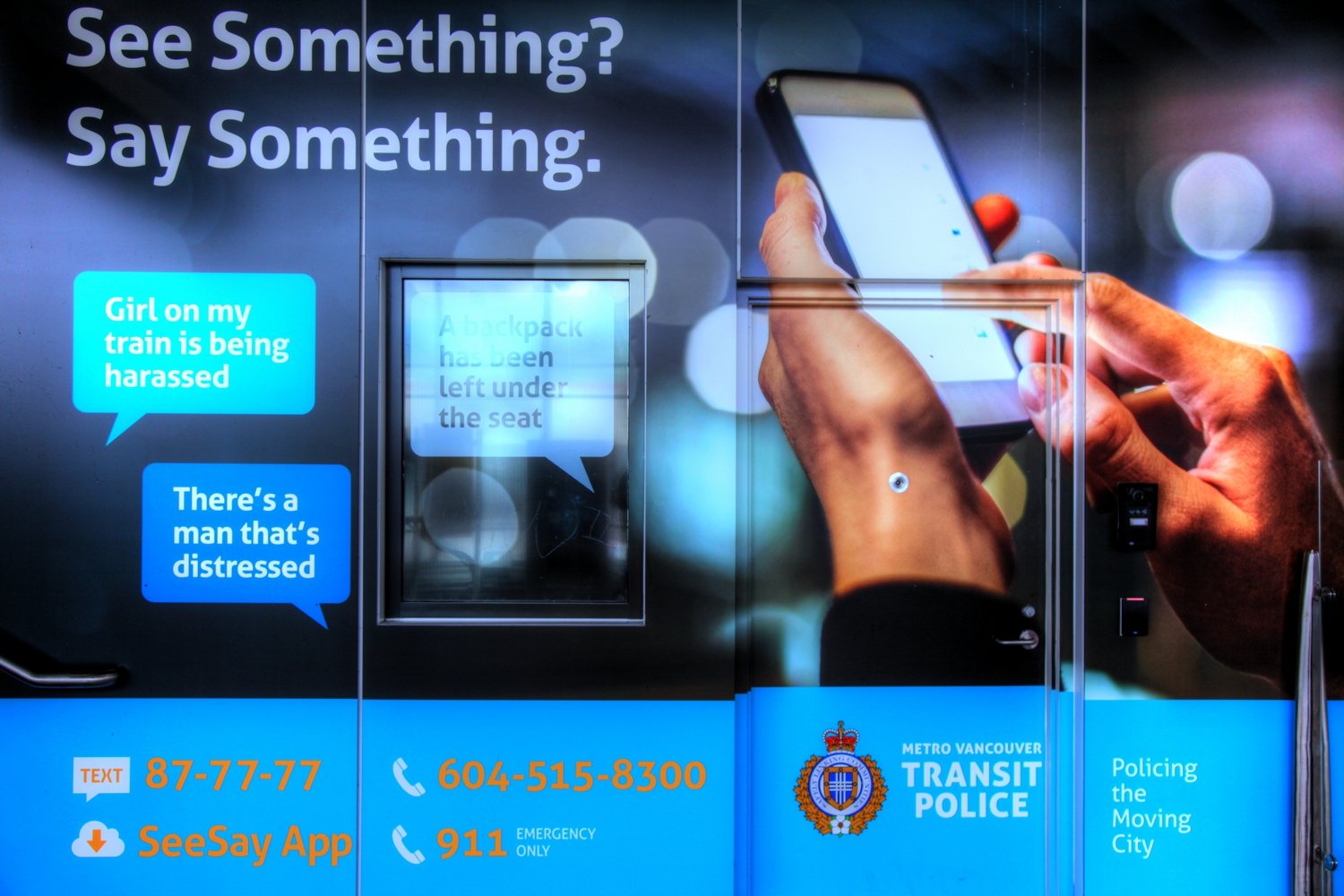
Commercial/Broadway Skytrain Station, Vancouver, BC, July 2019 (photograph by Elvin Wyly). For alternative "Communicational Insurgencies," see Fiona Jeffries' analysis:
"It was important for us to come across exactly as we were, mothers from different backgrounds and situations with our only initial similarities being the death of our children and the fact that we were Black. As we got to know each other, we learned about each of our unique strengths and challenges. So when we needed to lean on each other, we could do that, knowing we all had that sisterhood and connection." Gwen Carr, describing the Mothers of the Movement.
Gwen Carr, with Dave Smitherman (2018). This Stops Today: Eric Garner's Mother Seeks Justice After Losing Her Son. Lanham, MD: Rowman & Littlefield, pp. 150-151.
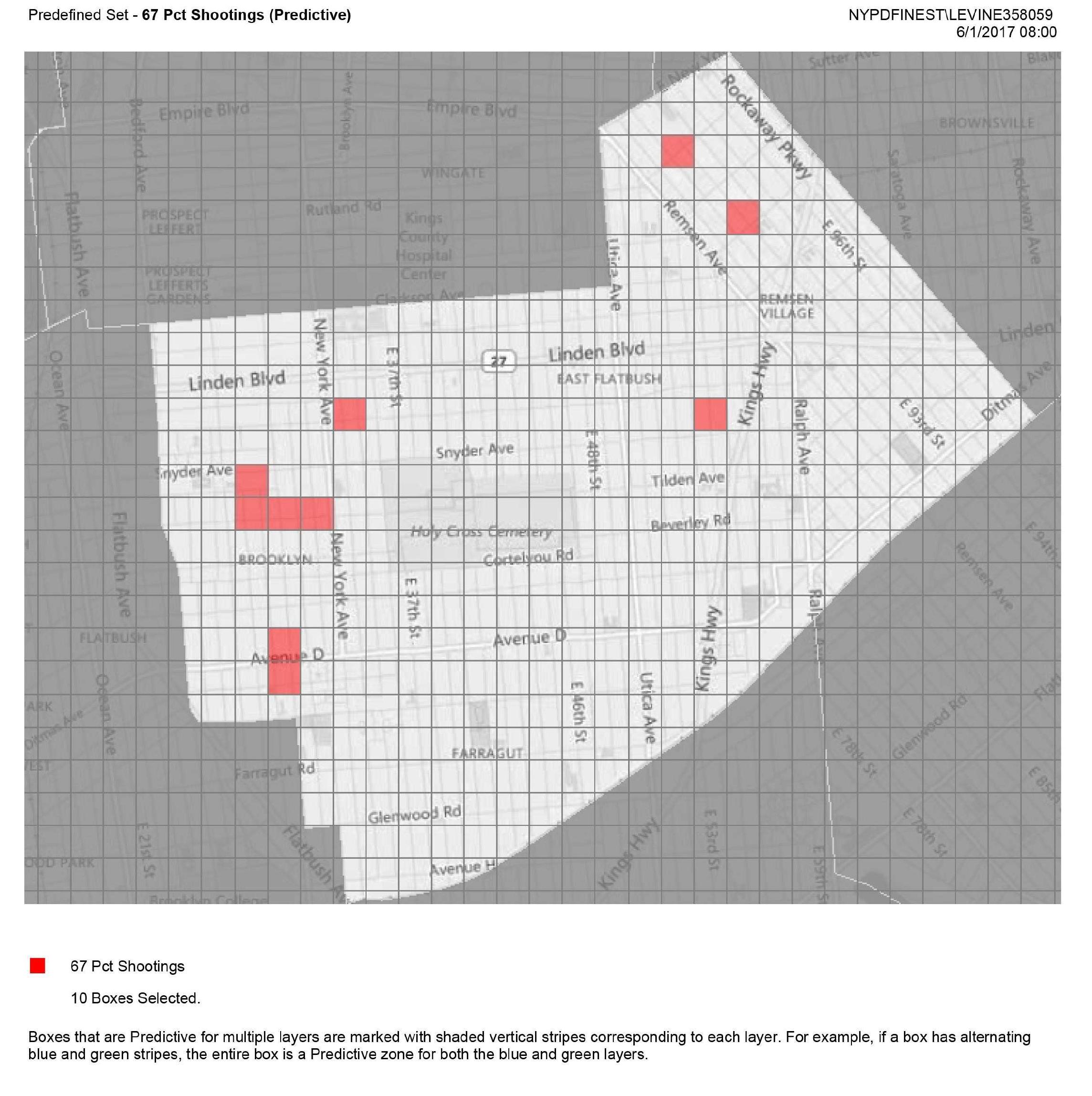
Below: NYPD Predictive Policing model output for shootings in New York City's 67th Precinct, June 2017. Source: public domain image, pursuant to Freedom of Information Law proceedings initiated by the Brennan Center for Justice and distributed in July, 2019. For further details, see Ali Winston (2019). "'Red Flags' as New Documents Point to Blind Spots of NYPD 'Predictive Policing.'" The Daily Beast, July 14.
"Crowd is increasing
trigger-happy policing
panic is spreading
God knows where we're heading."
Marvin Gaye, singing "Inner City Blues," 1970-1971; the song was written by a man who operated the elevator at New Center GM headquarters, Detroit.
Through happenstance, creativity, and politically engaged anger, Bassem Masri became the unofficial videographer of the Ferguson, Missouri protests over racialized police violence that began in 2014, after the killing of Michael Brown. Mr. Masri's live video streams showed the street protests of the Black Lives Matter movement unfolding in real time.
Five years after the Ferguson protests, the New York Times published a profile of the lives and experiences of key activists. "An Arab-American amid mostly African-American demonstrators, Mr. Masri told friends he was drawn to the protests because the unrest reminded him of demonstrations in Palestine, where his family emigrated from, the Times reporters wrote. "And like African-Americans, Mr. Masri knew the sting of police harassment, said his friend, Faizan Syed, executive director of the Missouri chapter of the Council on American-Islamic Relations, the nation’s largest Muslim civil rights organization."
Unfortunately, "[w]hen the protests — which had given him a sense of purpose — fizzled out, Mr. Masri became a pariah because he had supported an African-American cause that many Arab-Americans did not understand, Mr. Syed said. 'He was a social outcast in the Arab community,' Mr. Syed said."
Mr. Masri eventually struggled with drug addiction, but at the same time hoped to go into politics. But in late 2018, he was found dead on a bus; he had died of a fentanyl overdose, at age 31.
Quotes from Timothy Williams and John Eligon (2019). "The Lives of Ferguson Activists, Five Years Later." New York Times, August 9.
"This isn't a fight for employment at any cost. It is a fight for a world where we are not shot, or shunned, because the masters of capital, or their agents, do not like our comportment, our attire or what we have to say."
Geography 450, Urban Research Studio
Hello! This course is a combined studio and seminar, focused on quantitative methods, as applied to the ongoing struggle for ethnoracial equality in the age of the Movement for Black Lives. This page is a bit out of date, because when the Coronavirus pandemic in the Spring of 2020, all of our operations had to move online into the digital gated community of Canvas, UBC's Canvas Learning Management System. What you'll find on this page is a partial and somewhat disorganized archive of links, images, and other resources from various years of the course. The latest materials for the course will be found on Canvas.
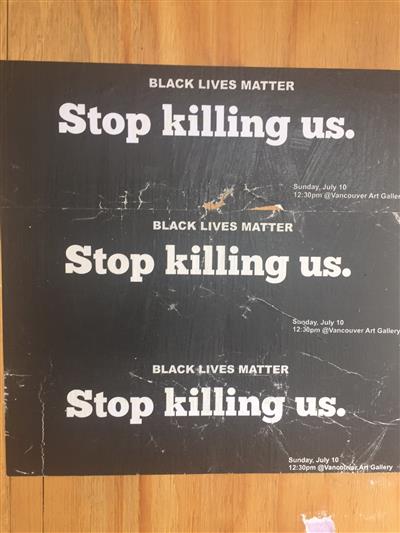
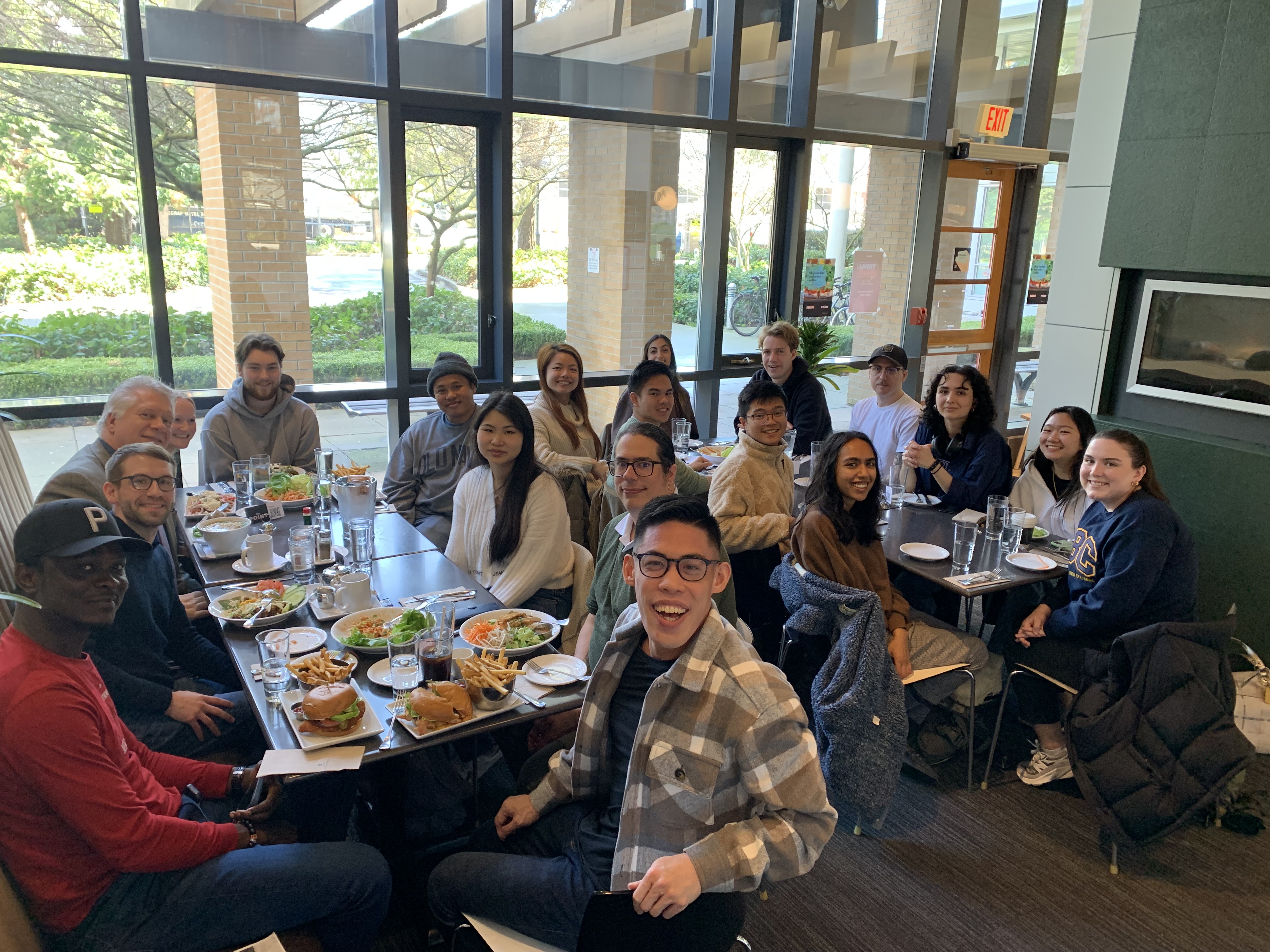
Additional, Excellent Recommended Resources:
Li, Yuna, Zoe Lin, John Max Grunewald, and Caroline Wineburg (2023). Geonarratives for Video Mitigation. New York: Center for Spatial Research, Columbia University.
See the press coverage of this project in Zraick, Karen (2023). "Lights, Camera, Criminal Defense: Lawyers Pick Up Cameras to Aid Clients." New York Times, June 23.
More news coverage of the work of UBC Urban Studies alum Zoe Lin: Hartke, Kristen (2023). "How Chinatown Businesses are Using Farm-to-Market Ingenuity to Survive." Washington Post, May 9.
